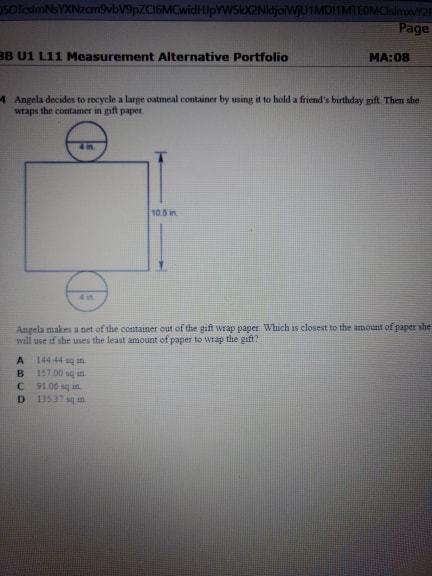
Mathematics, 01.04.2021 04:40 eliezer25
The coefficients of a quadratic equation are all integers.
The discriminant is 0. Which statement best describes its roots?
A) Two irrational roots
B) No real roots
C) One rational root
D) Two rational roots
plz help im having a really tuff time right now

Answers: 2


Other questions on the subject: Mathematics

Mathematics, 21.06.2019 17:00, raymondmunoz4451
Ifurniture stores having a weekend sale and is offering 20% discount on patio chairs and table the sales tax on furniture is 6.25 using function composition how can you represent the total amount a that you would need to pay for this furniture that cost x dollars
Answers: 1


Mathematics, 21.06.2019 18:30, Greekfreak
To determine the number of deer in a forest a forest ranger tags 280 and releases them back
Answers: 3

Mathematics, 21.06.2019 19:50, Roshaan8039
Prove (a) cosh2(x) − sinh2(x) = 1 and (b) 1 − tanh 2(x) = sech 2(x). solution (a) cosh2(x) − sinh2(x) = ex + e−x 2 2 − 2 = e2x + 2 + e−2x 4 − = 4 = . (b) we start with the identity proved in part (a): cosh2(x) − sinh2(x) = 1. if we divide both sides by cosh2(x), we get 1 − sinh2(x) cosh2(x) = 1 or 1 − tanh 2(x) = .
Answers: 3
You know the right answer?
The coefficients of a quadratic equation are all integers.
The discriminant is 0. Which statement b...
Questions in other subjects:














